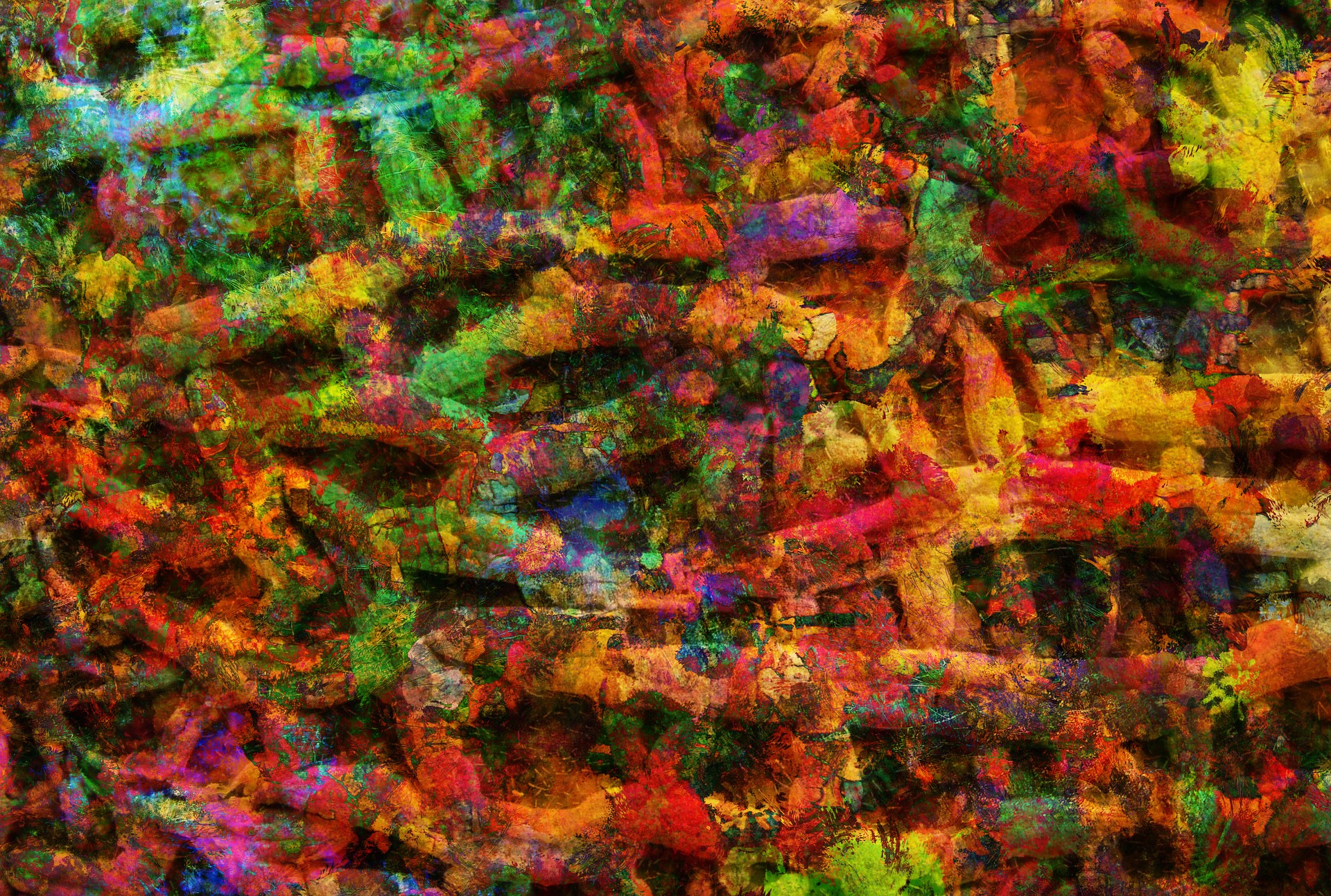What is a microbiome?
Microbiomes are assemblages of microorganisms – including bacteria, archaea, fungi, and viruses – that interact with one another and their environment. A microbiome can be associated with a host or be free-living in the environment. Researchers are often interested in the diversity of a microbiome, which can consist of many thousands of species or just one species with many populations. Diversity can be characterized by a wide variety of tools that capture the genetic, chemical, and organismal variation in a sample.
What are microbiome centers?
Microbiome centers are academic organizations whose primary mission involves education and scholarship as it relates to microbiome science. Initially, we have been focusing on coordinating centers in the US, but would like to expand to international centers. We aim to partner with other microbiome-focused organizations, including academic societies, funding agencies, private foundations, and industry.
What is the Microbiome Center Consortium (MCC)?
Many US academic institutions have recently formed research units around microbiome research. The Microbiome Centers Consortium arose from a desire to leverage these centers to accelerate knowledge transfer in the field. In June of 2019, representatives from 28 centers met at the Beckman Center on the UC Irvine campus and formed the MCC. The MCC is a network of microbiome centers which aims to accelerate the development of general principles, tools, and human resources for multidisciplinary approaches through sharing of intellectual and technical strengths.

